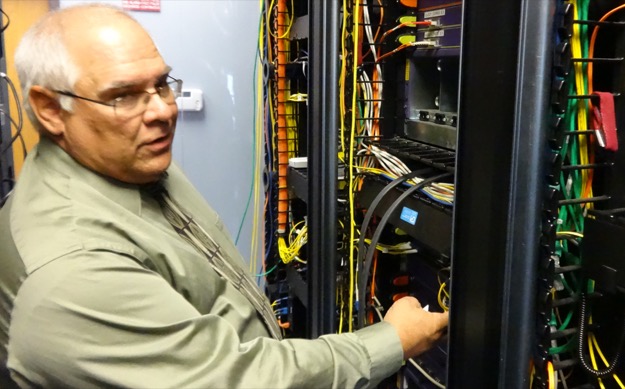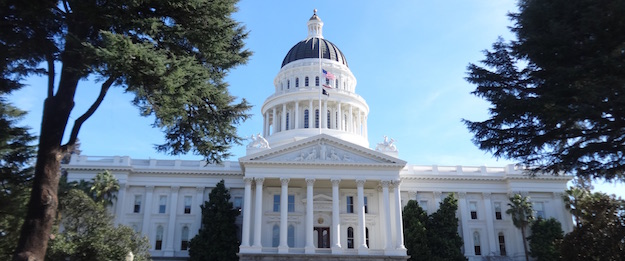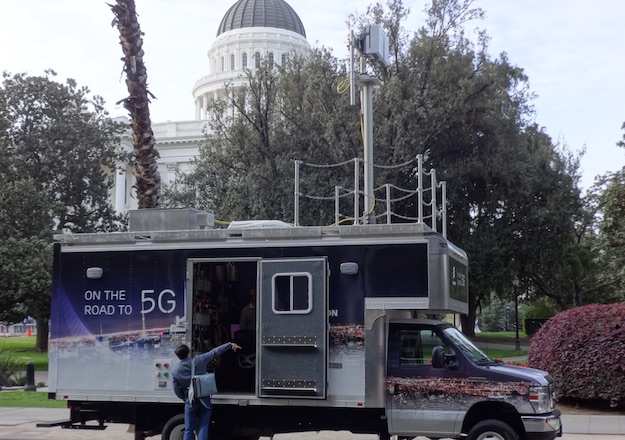Newsom’s budget plan lowers barriers to public broadband financing

Following up on one of the items in his campaign manifesto, California’s new governor, Gavin Newsom, might make it easier to finance municipal broadband projects. One of the many, many ideas offered in his maiden budget proposal is to make it easier to form enhanced infrastructure financing districts by eliminating requirements for voter approval of bond issues…
… MoreVarious economic development tools have been introduced following the dissolution of Redevelopment Agencies (RDAs), including Enhanced Infrastructure Financing Districts (EIFDs).


![Mark Miller [CC BY-SA 3.0 (https://creativecommons.org/licenses/by-sa/3.0)], via Wikimedia Commons](https://www.tellusventure.com/images/2017/10/jerry_brown_rally.jpg)



![By Credo Action (Protect Net Neutrality rally, San Francisco) [CC BY 2.0 (http://creativecommons.org/licenses/by/2.0)], via Wikimedia Commons](https://www.tellusventure.com/images/2018/1/sf_net_neutrality_demo.jpg)
